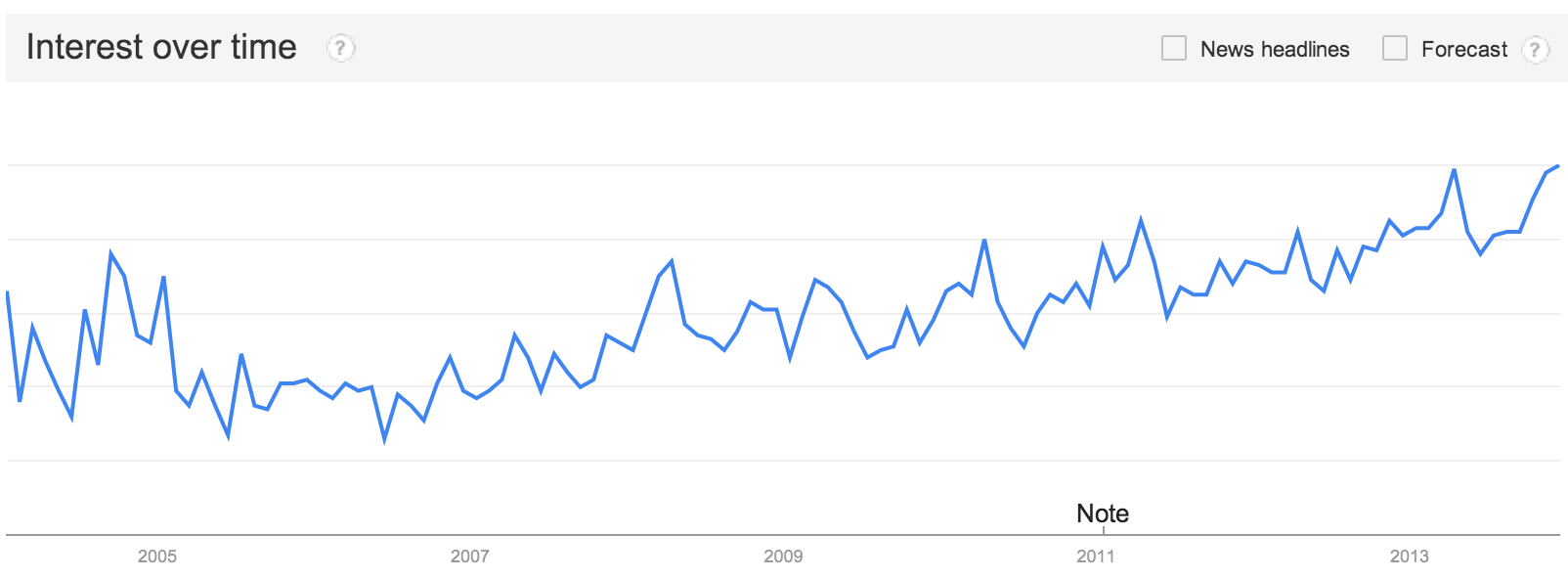
The stress of college–
Don’t even get me started.
“Difficult” is too weak a word to describe the task set to high school seniors. In a mere few years of schooling, we are asked to decide what we’ll be doing for the rest of our lives. It’s hard for anyone.
High school is dedicated towards providing foundations for students’ futures. They allow students to dabble in subjects and determine which ones interest them and which bore them.
It’s hard, though, to find that niche. Many students find that they enjoy one subject just as much as another, while some don’t enjoy any and others enjoy them all. With all the job titles and positions available in the world, it would seem as if there’s a something for everyone. The difficult part is trying to decipher which job is the best fit.
But how are we supposed to decide our future in just a few short years?
I recently overheard an interesting discussion on a radio. The guest speaker mentioned that he wished he’d taken a gap year (a year off between graduating high school and entering college).
After he graduated high school, he joined an institution with the intent of an English major. He didn’t entirely enjoy what he was studying but wasn’t sure what other options he had. Without a true passion for the subject, he had difficulties securing a job and thus decided to once more return to college in pursuit of a different degree.
He lost a great deal of money and 20 years of his life (ten in school and another ten working fervently to pay off his numerous school debts). He advised all listeners to truly consider whether starting college immediately is the best option for them. He wished he hadn’t gone to college just to go to college.
Americangap.org has a large database of statistics concerning the benefits of taking a gap year. One of their sources, titled Heraldsun, wrote that “…not only did taking a year off have a positive effect on students’ motivation, it also translated to a real boost in performance in the first semesters at university…Gap Year students are perceived to be ‘more mature, more self-reliant and independent’ than non-Gap Year students.”
Joe O’Shea in Slate suggested that gap year students immerse themselves in a culture and society drastically different than the one they live in every day. He advises students to spend the year wisely, perhaps live with a native family in a developing country and volunteer in the local communities.
He wrote, “We often develop most when our understandings of ourselves and the world around us are challenged…” He strongly encourages graduating seniors to boldly put themselves in the world and surround themselves with people who don’t think, talk, or look like they do.
This year, various colleges will aid students in finding themselves and discover what naturally attracts them. O’Shea wrote that gap year students tend to return from their various foreign places and change their college majors.
While students taking that year will have to spend money up front, it will save them thousands of dollars in the future, for they won’t be dissatisfied with their majors and have to return to school.
This brings into question finances–how will students afford to take this gap year? O’Shea mentioned that various colleges are beginning to set up programs that further allow students to take those gap years without worry. UNC and Princeton, for example, will provide funding for few accepted students that will allow them to venture for a year in the unknown world.
Other colleges too are creating similar programs which give smaller sums of money and scholarship opportunities to their incoming freshmen. Numerous student organizations are also developing around the country and are devoted to raising money just for this purpose.
Now, I’m not advising that everyone who’s committed to college suddenly drop all their things and cancel their deposits to roam the world. College is right for the right people. I’m merely saying that not everyone needs to succumb to the pressures of college from their fellow peers and parents. There’s no sense in spending thousands of dollars to go to a school and learn something the student will never use in their careers later in life.
There is, though, a need to go to college. Taking a gap year is exactly how it sounds–a single, lone gap year. It’s meant to help find the meaning of life, not to become life itself.
Georgetown University conducted a study concerning job requirements around the country. Based on their statistics, by the year 2018, 63% of all jobs in the US will require schooling beyond the standards of high school.
The gap year is not meant to be wasted lounging around at home relishing in the weightless feeling of no work. It should be spent roaming the world and learning about different cultures or discovering the routine of a stable job or internship.
As O’Shea wrote, “The answer, in short, is that gap years can help change students in ways the world needs.”

Leave a Reply